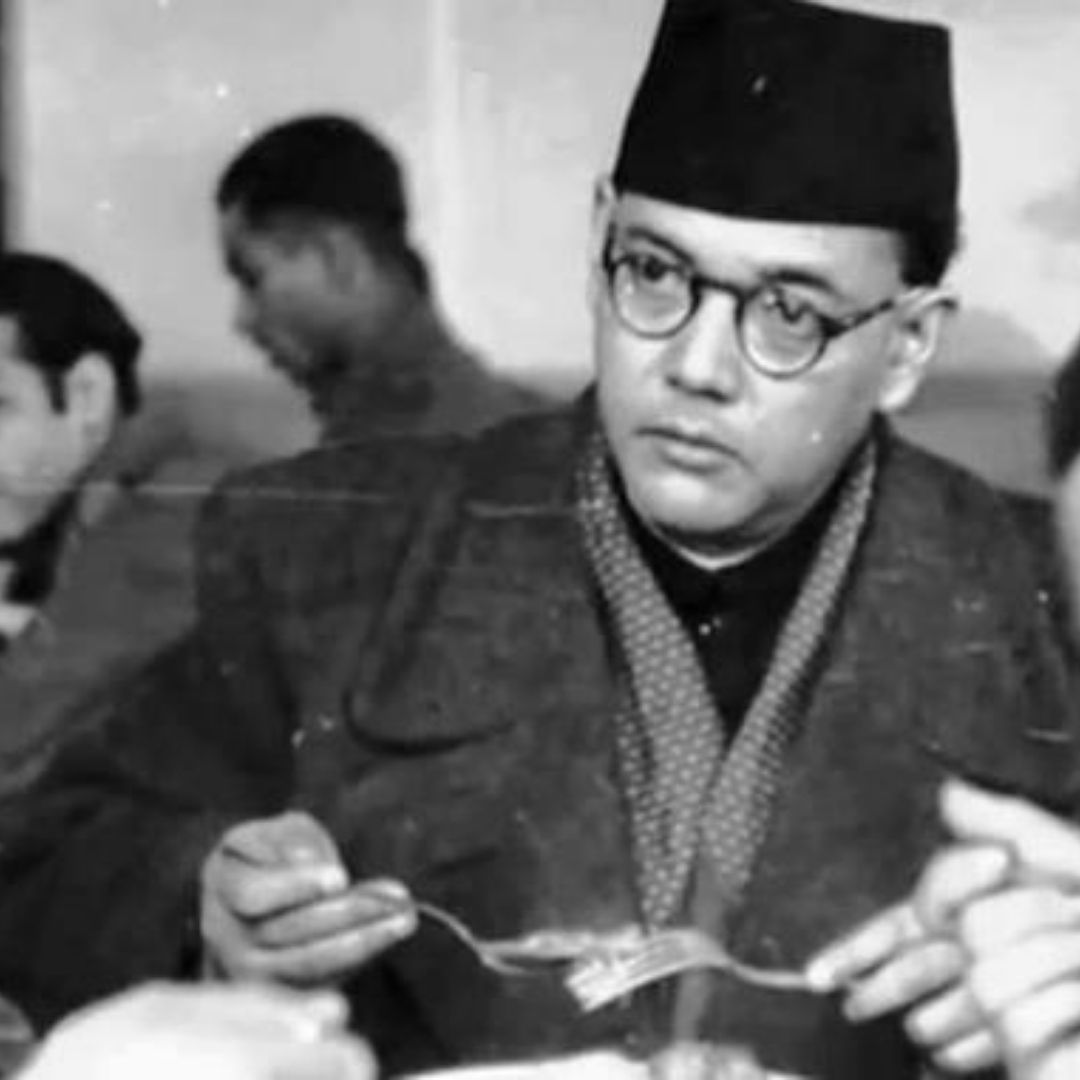
Image Credit: Checkall
Remembering Netaji Subhash Chandra Bose: India's Heroic Freedom Fighter
Writer: Ratika Rana
Her primary objective is to inform, promote, educate and cultivate readers through writing.
India, 18 Aug 2021 9:23 AM GMT | Updated 18 Aug 2021 9:40 AM GMT
Editor : Ankita Singh |
A literature lover who likes delving deeper into a wide range of societal issues and expresses her opinions about the same. Keeps looking for best-read recommendations while enjoying her coffee and tea.
Creatives : Ratika Rana
Her primary objective is to inform, promote, educate and cultivate readers through writing.
"No great change in history has ever been achieved by discussions", said Netaji Subhash Chandra Bose, whose defiant patriotism is still remembered.
Subhash Chandra Bose was a revered Indian Politician and a heroic freedom fighter. He was fondly called Netaji and was arrested 11 times in his freedom struggle and died under mysterious circumstances in an air crash over Taipei.
Bose was the ninth child in 14 and the sixth son to Janakinath Bose, a lawyer from the Kayasth caste. He passed matriculation in 1913 from Cuttack and joined the Presidency College in Kolkata (then Calcutta). The teachings of Swami Vivekananda and Ramakrishna Paramhansa led to a spiritual awakening in Bose at the young age of 15.
His Mission In Singapore: Azad Hind Fauj, Indian National Army
Subhash Chandra Bose reached Singapore on July 2, 1943, at the invitation of Rash Behari Bose. He took charge as the President of the Indian Independence League and took over as the leader for East Asia. On October 23 1943, with the help of the Japanese Army, Netaji declared war on the United States and Britain.
The Japanese helped him reorganise and rejuvenate the Azad Hind Fauj, also called The Indian National Army (INA). He started active recruitment for the Azad Hind Fauj and aggressively vouched for funds in Southeast Asia.
Bose successfully recruited many British Indian Soldiers and led the Army in April 1944 on an offensive against the British in India. To symbolise reclaiming Indian land from the British, he planted the National Tricolour in Mizoram after crossing the Burmese border. However, the Army failed to capture Kohima and Imphal, and the Army retreated to Burma. This war declaration was considered a failure, and Bose flew back to Singapore on April 24, 1944.
The Mysterious Death: Plane Crash, Lack Of Evidence
While still in Singapore, Bose received a significant blow after hearing about the Japanese surrender in 1945. On August 17 1945, he left Singapore to fly to Bangkok and was offered a seat on the plane by a Japanese bomber.
The Japanese had promised him to extend all possible facilities to him for his meeting with the Soviets, where he hoped to garner some support for the Nationalist movement. However, the plane crashed in the vicinity of Taipei airport, and Bose's body is said to have burnt from head to toe. Since his body was wholly burnt, his identity could not be verified. However, some ashes were brought to Tokyo and placed in Renkoji Temple, where they have rested.
 All section
All section














